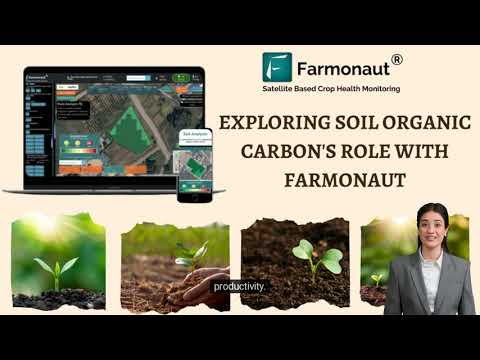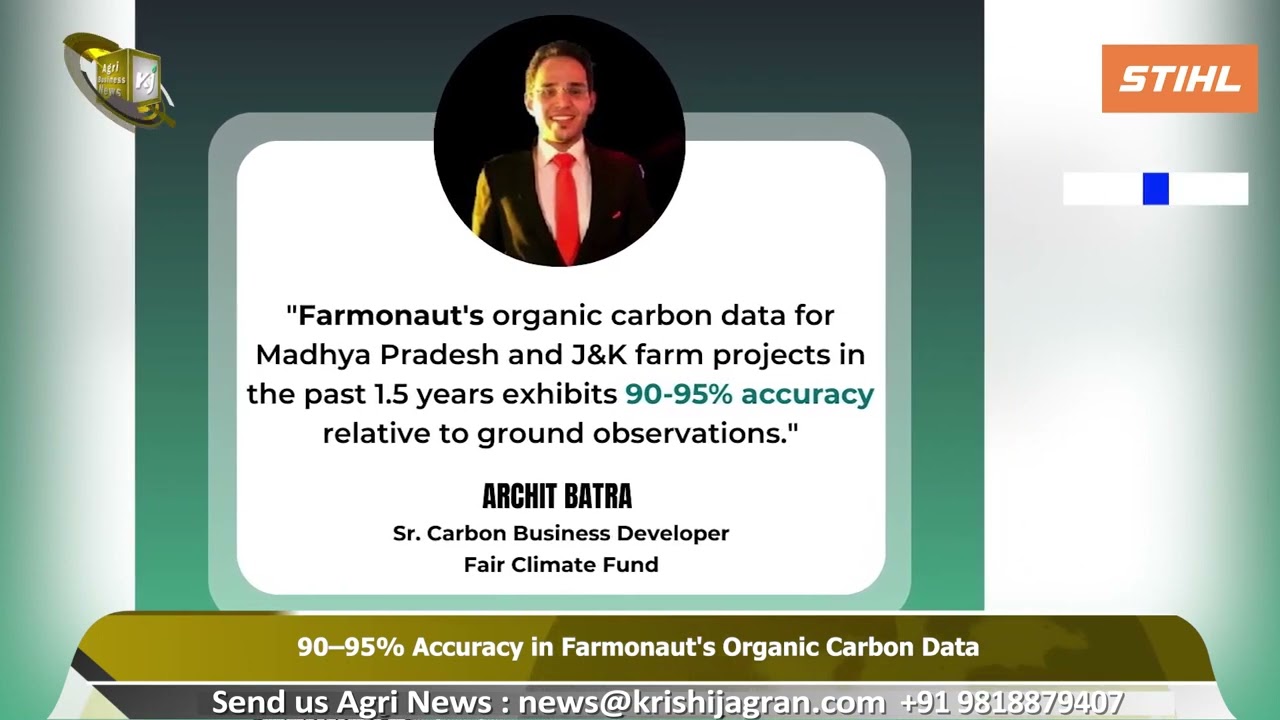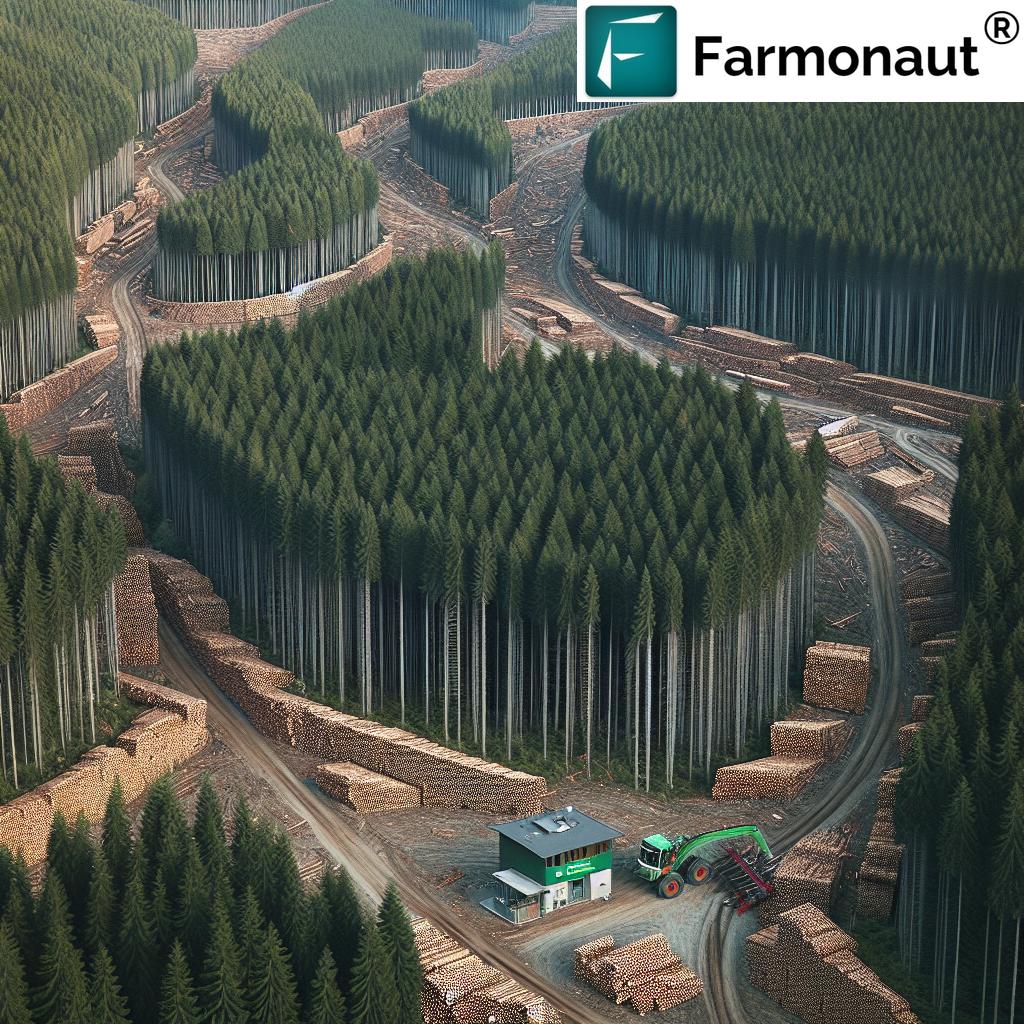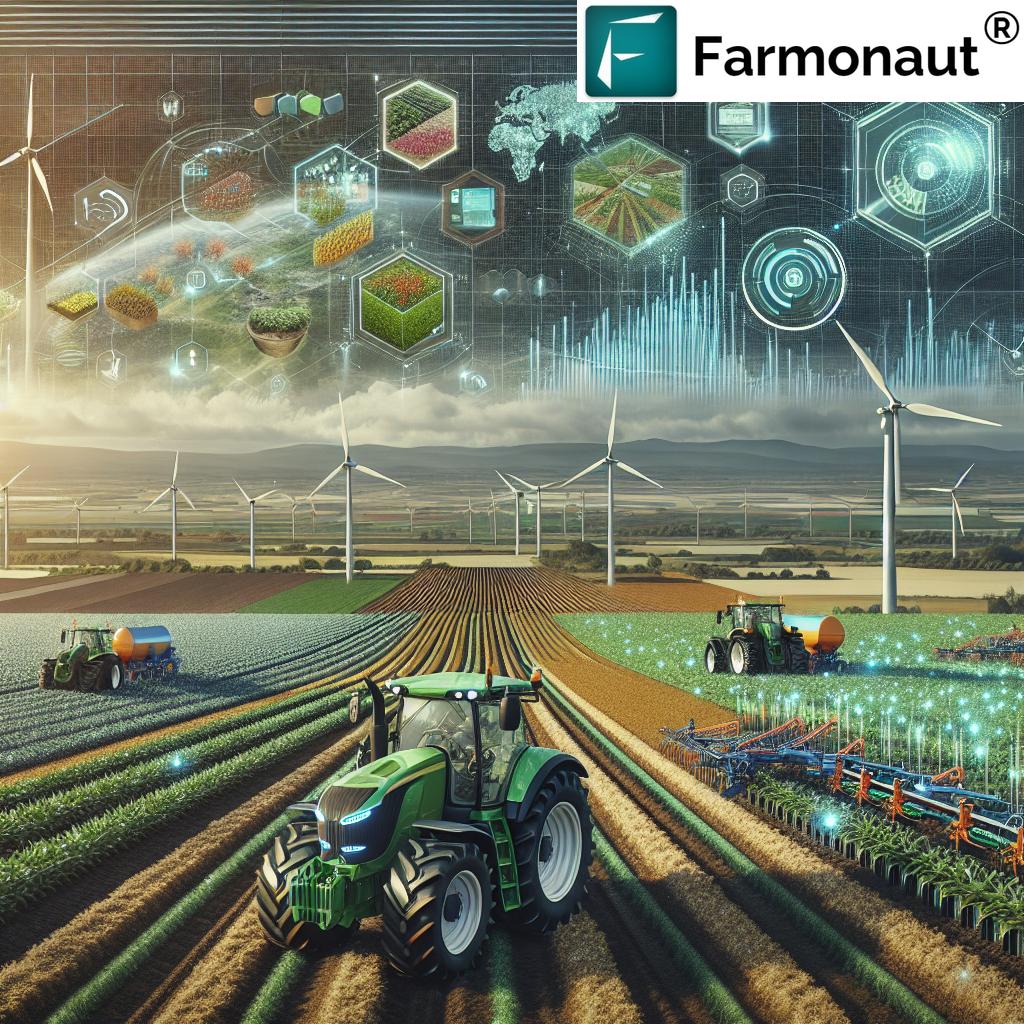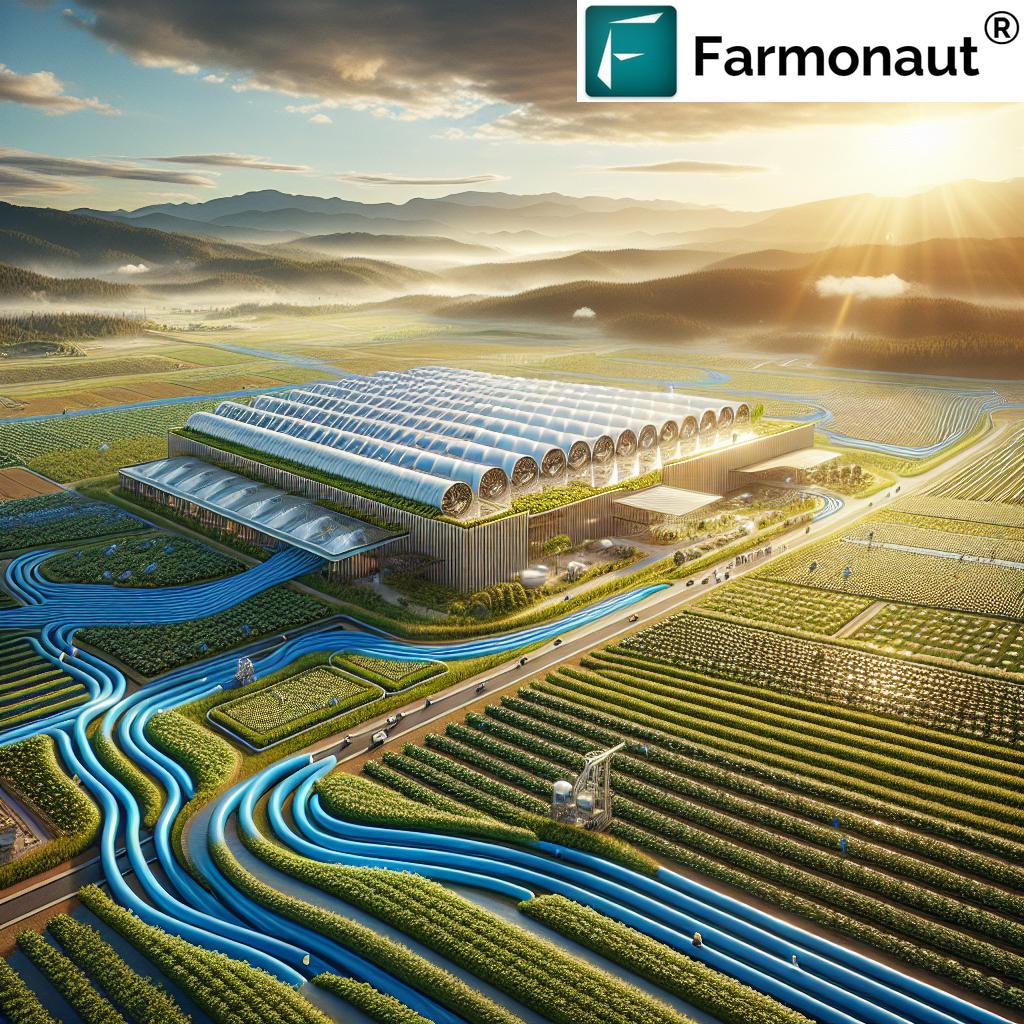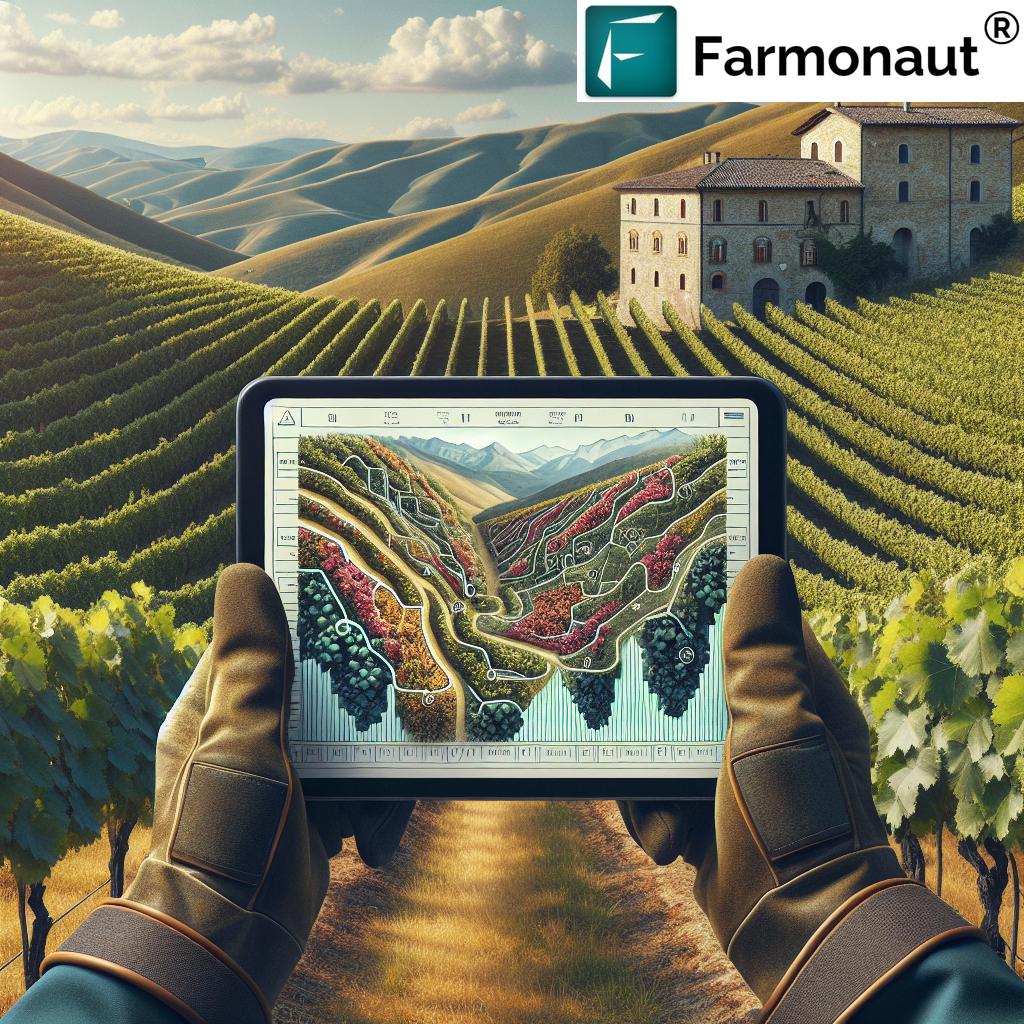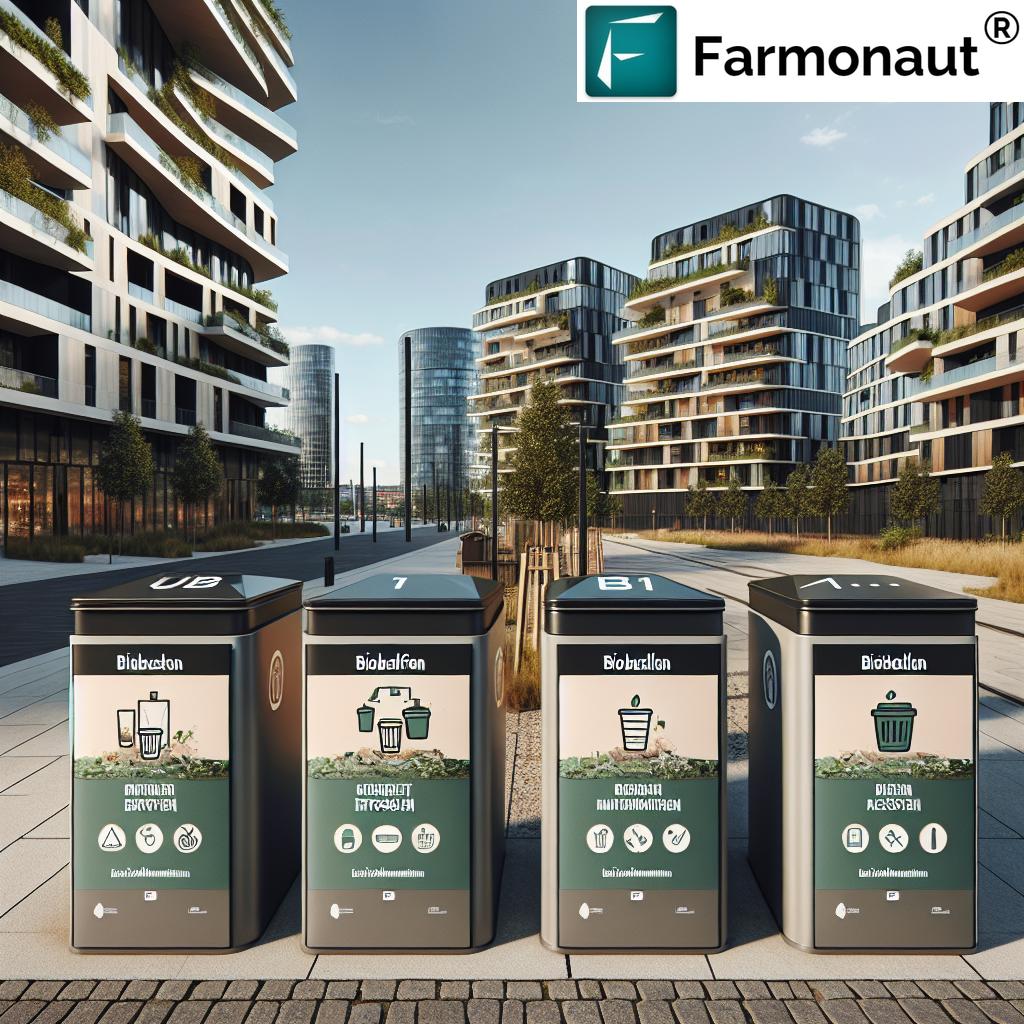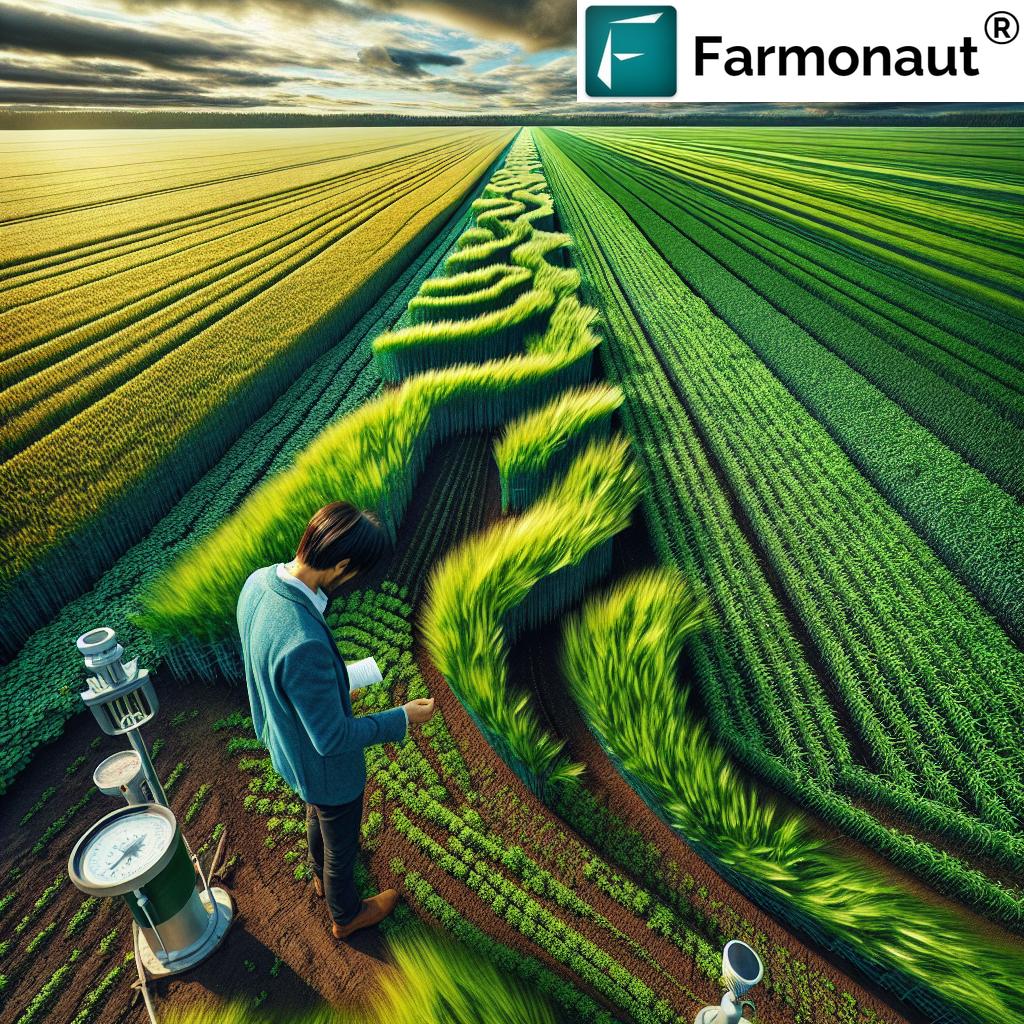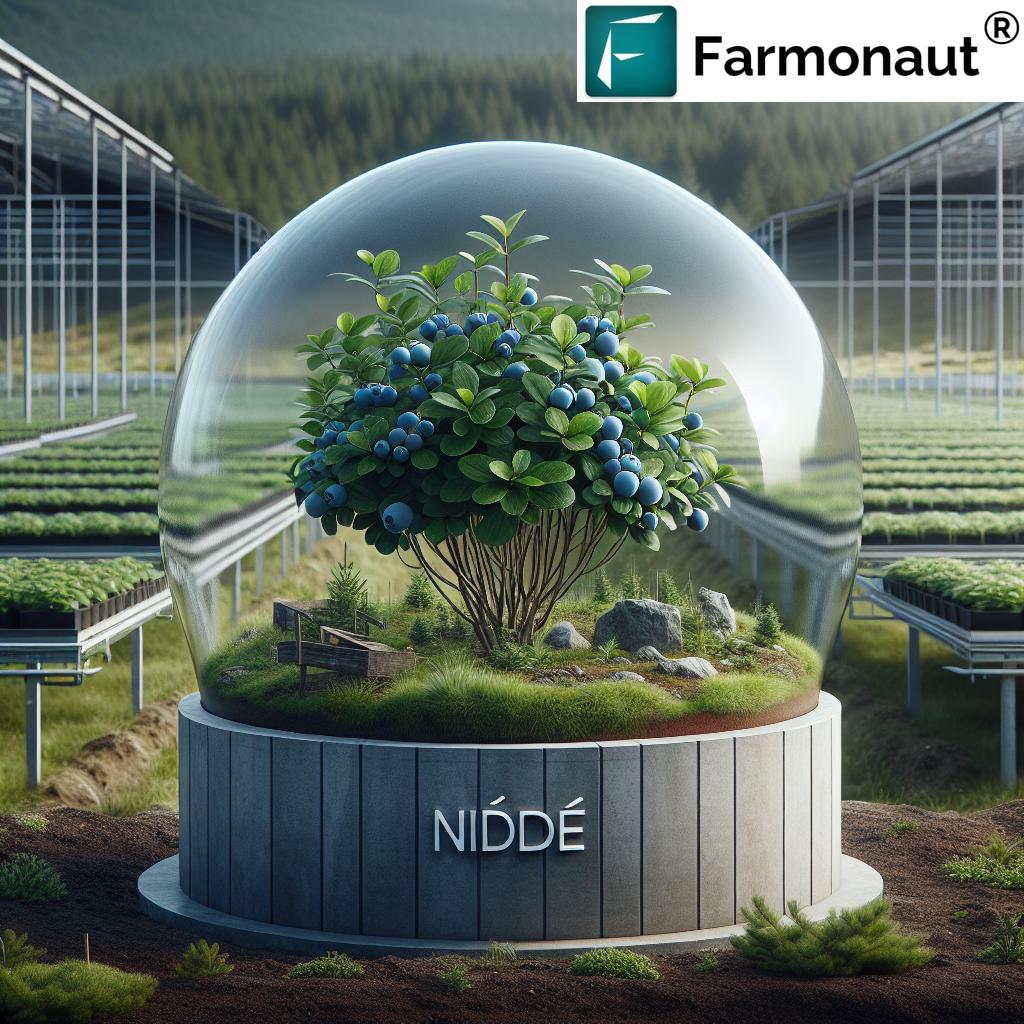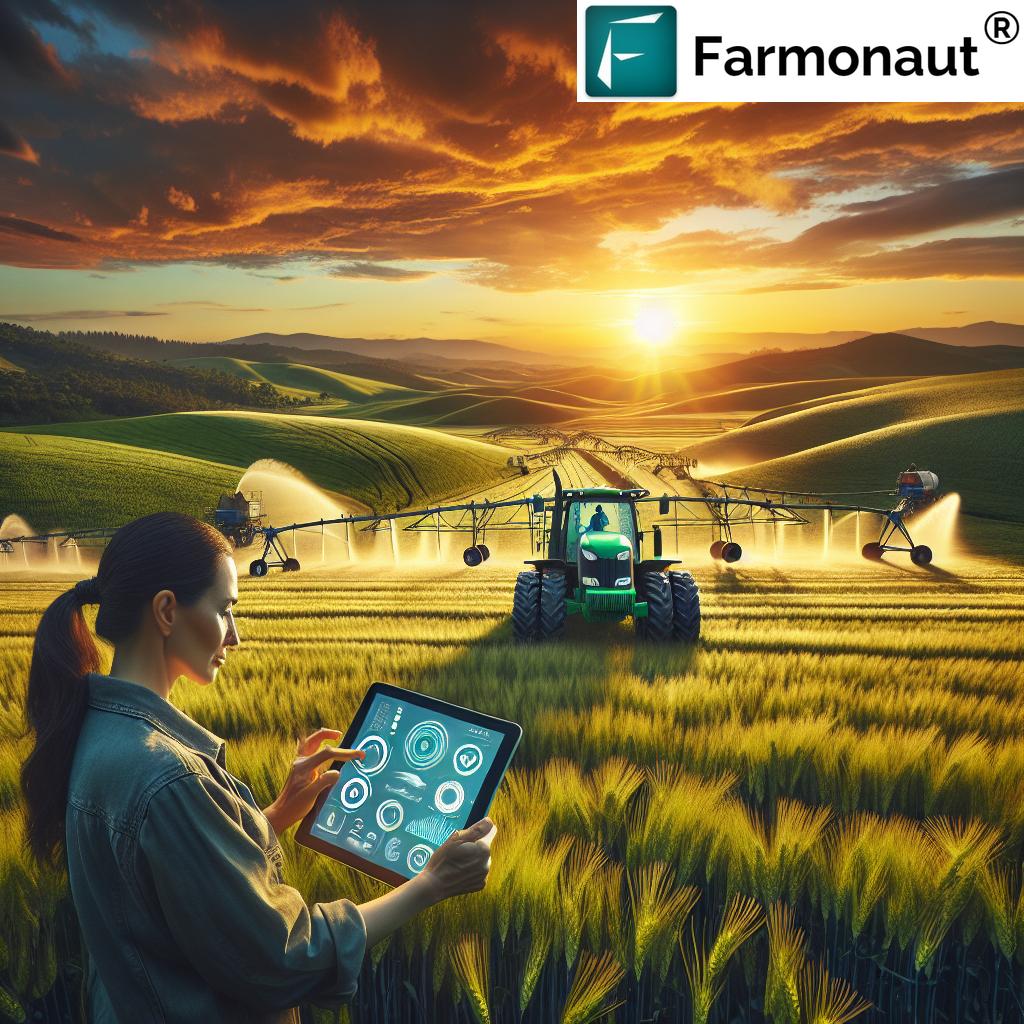Revolutionizing Finland’s Bread Culture: Sustainable Agriculture Meets Culinary Innovation in Helsinki’s Maaleipä Challenge
“Finland’s Maaleipä Challenge, running for 6 months in 2024, aims to revolutionize bread culture through sustainable agriculture practices.”
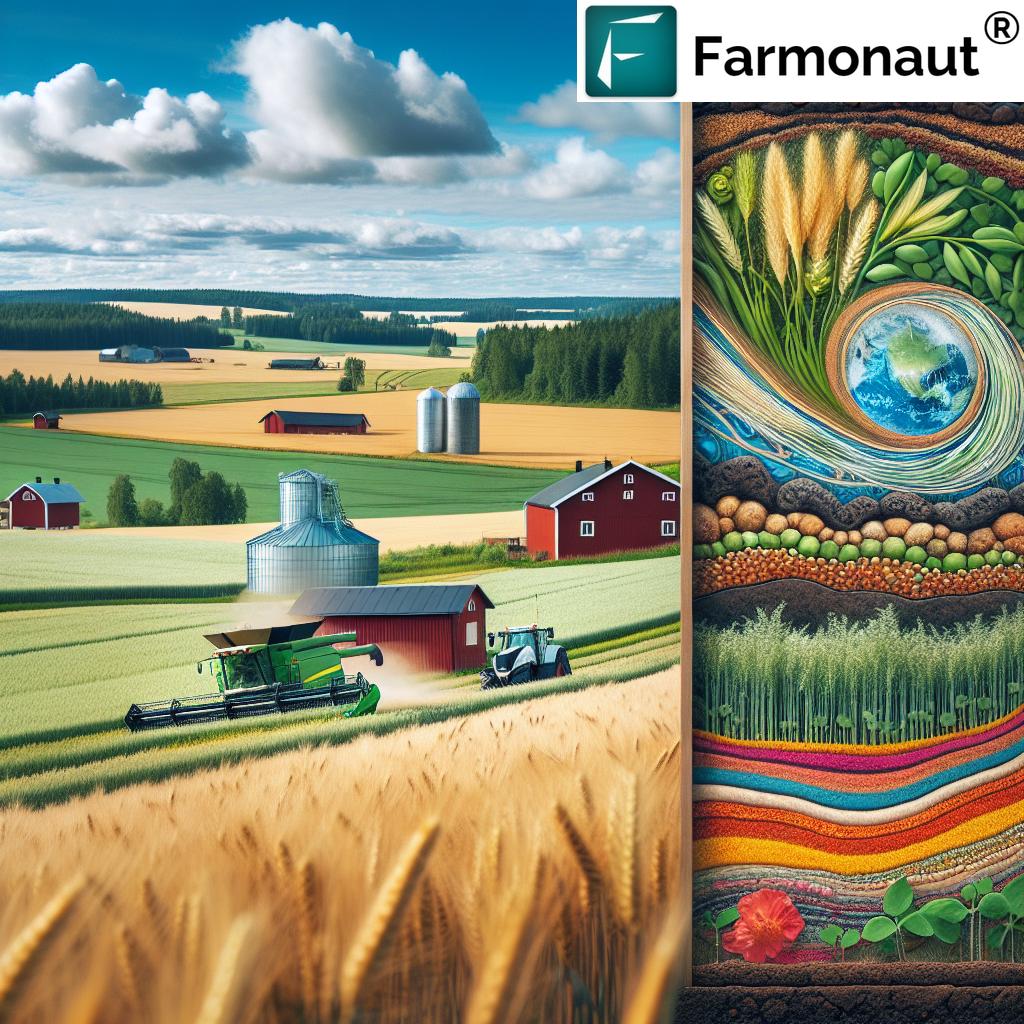
In the heart of Helsinki, a culinary revolution is rising like well-proofed dough. The Maaleipä Challenge, set to run from April 15 to September 1, 2024, is poised to transform Finland’s bread culture by intertwining sustainable agriculture practices with innovative baking techniques. As we delve into this groundbreaking initiative, we’ll explore how it’s not just changing the way Finns bake bread, but also how they think about food systems, soil health, and environmental responsibility.
The Essence of Maaleipä: Bread for the Soil
Maaleipä, which translates to “bread for the soil,” is more than just a catchy name. It encapsulates the core philosophy behind this nationwide challenge: to create bread that nourishes not only the people but also the earth from which it springs. This initiative, commissioned by IHME Helsinki, is the brainchild of the artist duo Cooking Sections (Daniel Fernández Pascual and Alon Schwabe), who have masterfully blended art, science, and gastronomy to address pressing environmental concerns.
At its heart, the Maaleipä Challenge is a creative exploration of the intricate relationship between climate change and food systems, with a particular focus on breadmaking. By inviting bakers from across Finland to submit innovative bread recipes, the challenge aims to spotlight the importance of environmental integrity and soil health in our food production processes.
The Challenge: Reimagining Finnish Bread Culture
Finland boasts a rich and diverse bread culture, with each region proudly offering its unique flavors and traditions. However, this cultural heritage faces threats from modern agricultural practices, particularly monoculture farming and intensive land use. These methods often lead to depleted soils, polluted waters, and nutritionally poor foods that can harm both human health and ecological systems.
The Maaleipä Challenge seeks to address these issues by fostering collaboration between bakers, farmers, and experts in ecology, agriculture, and food policy. The goal is to reimagine bread production and land use practices in ways that support agroecological grain cultivation and enhance soil vitality.
Sustainable Agriculture Practices in Breadmaking
The challenge emphasizes several key sustainable agriculture practices that are crucial for improving soil health and reducing the environmental impact of bread production:
- Organic Grain Cultivation: Encouraging the use of organic grains grown without synthetic pesticides or fertilizers.
- Agroecological Farming Methods: Promoting farming techniques that work with natural ecosystems rather than against them.
- Crop Rotation: Emphasizing the importance of rotating crops to maintain soil fertility and prevent pest buildup.
- No-Till Farming: Advocating for minimal soil disturbance to preserve soil structure and biodiversity.
- Cover Cropping: Utilizing cover crops to protect and enrich the soil between main crop seasons.
These practices not only contribute to healthier soils but also result in more nutritious and flavorful grains, which in turn lead to better bread.
Innovative Ingredients and Techniques
The Maaleipä Challenge encourages bakers to think outside the box when it comes to ingredients and baking techniques. Some of the innovative approaches we’re seeing include:
- Incorporation of landrace grains, which are often more resilient and better adapted to local climates.
- Use of sourdough fermentation, which can enhance digestibility and flavor while reducing food waste.
- Integration of local and seasonal ingredients, such as root vegetables, wild herbs, and even pine bark flour.
- Creative use of “waste” products, like leftover porridge or spent grains from beer brewing.
- Experimentation with alternative flours made from legumes or pseudo-cereals to increase nutritional diversity.
“The nationwide initiative connects farmers, researchers, and food experts to address environmental impact and promote biodiversity in agriculture.”
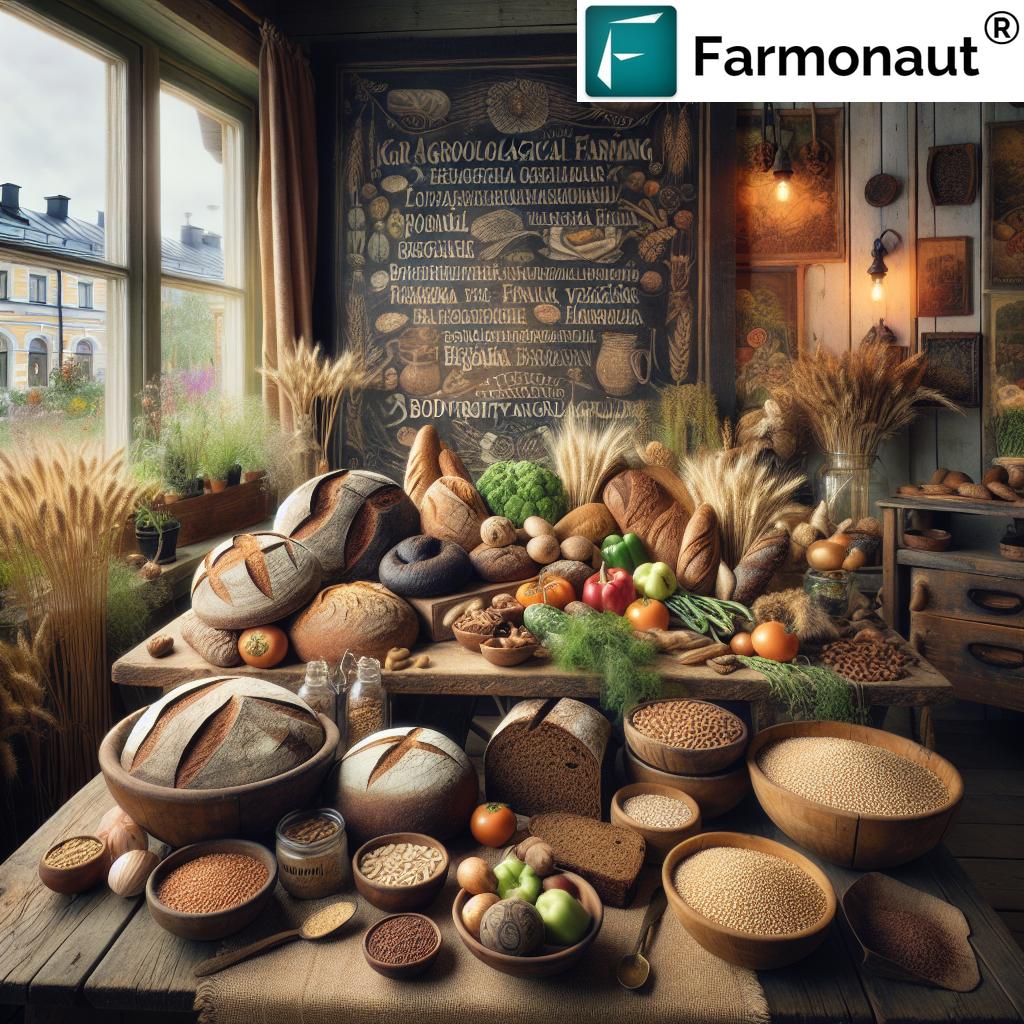
The Role of Technology in Sustainable Agriculture
While the Maaleipä Challenge focuses on traditional baking methods and local ingredients, it’s important to note that modern technology can play a crucial role in promoting sustainable agriculture practices. Companies like Farmonaut are at the forefront of this technological revolution in farming.
Farmonaut offers advanced, satellite-based farm management solutions that can significantly contribute to the goals of initiatives like the Maaleipä Challenge. Through their web app and mobile applications available on Android and iOS, farmers can access real-time data on crop health, soil moisture levels, and other critical metrics.
This technology enables farmers to make informed decisions about irrigation, fertilizer usage, and pest management, ultimately optimizing crop yields while reducing resource wastage. Such precision agriculture techniques align perfectly with the sustainable farming goals of the Maaleipä Challenge.
The Culmination: Maaleipä Feast
The challenge will reach its climax with the Maaleipä Feast, scheduled for September 21, 2024, in Helsinki. This celebration will showcase fourteen carefully selected breads that exemplify the principles of sustainability and innovation. Each bread will tell a story of its local climate, ecosystem, and the creative minds behind its creation.
The feast isn’t just about tasting bread; it’s a platform for dialogue and education. Attendees will have the opportunity to learn about the ingredients, techniques, and agricultural practices that went into each loaf. It’s a chance to reconnect with our food systems and understand the impact of our dietary choices on the environment.
Beyond the Challenge: A Lasting Impact
While the Maaleipä Challenge has a defined timeline, its impact is designed to be long-lasting. The recipes developed during the challenge will be made available on the official website, maaleipa.fi, allowing bakers and home cooks across Finland and beyond to continue experimenting with sustainable bread-making techniques.
Moreover, the challenge aims to spark ongoing conversations about sustainable agriculture, soil health, and the role of food in addressing climate change. By bringing together diverse stakeholders – from farmers to bakers to policymakers – the initiative hopes to catalyze systemic changes in Finland’s food production and consumption patterns.
The Art-Science Connection
One of the most intriguing aspects of the Maaleipä Challenge is its origin in the world of contemporary art. IHME Helsinki, the commissioning organization, specializes in bringing together artistic expression with scientific understanding and climate action. This interdisciplinary approach allows for creative problem-solving and out-of-the-box thinking in addressing environmental challenges.
The project’s success is bolstered by contributions from various foundations, including the Saastamoinen Foundation, Kone Foundation, and Abakanowicz Arts and Culture Charitable Foundation. These collaborations highlight the importance of cross-sector partnerships in driving meaningful change.
Sustainable Bread Innovations in Finland’s Maaleipä Challenge
| Bread Type | Key Sustainable Ingredients | Agroecological Farming Method | Environmental Impact |
|---|---|---|---|
| Rye Sourdough | Organic local rye, wild yeast | No-till farming | Reduced carbon emissions, improved soil health |
| Barley and Foraged Herb Loaf | Organic barley, wild herbs | Crop rotation | Promotes soil biodiversity, reduces pesticide use |
| Ancient Grain Bread | Einkorn wheat, spelt | Polyculture farming | Enhances genetic diversity, resilient to climate change |
| Root Vegetable Bread | Organic wheat, local carrots and beets | Companion planting | Maximizes land use, reduces water consumption |
| Pine Bark Rye Bread | Rye flour, pine bark flour | Agroforestry | Carbon sequestration, supports forest ecosystems |
The Role of Technology in Sustainable Farming
While the Maaleipä Challenge emphasizes traditional methods and local ingredients, it’s crucial to recognize the role that modern technology can play in promoting sustainable agriculture. Precision farming tools, like those offered by Farmonaut, can significantly contribute to the goals of such initiatives.
Farmonaut’s satellite-based crop health monitoring system provides farmers with valuable insights into vegetation health, soil moisture levels, and other critical metrics. This data empowers farmers to make informed decisions about irrigation, fertilizer usage, and pest management, ultimately optimizing crop yields while reducing resource wastage.
For those interested in leveraging technology for sustainable farming, Farmonaut offers various solutions:
- Web Application for comprehensive farm management
- Mobile apps for Android and iOS devices
- API access for developers looking to integrate satellite and weather data into their own systems
These tools can be particularly useful for grain farmers looking to implement more sustainable practices in line with the Maaleipä Challenge’s goals.
Looking to the Future: The Broader Impact
The Maaleipä Challenge is more than just a baking competition; it’s a catalyst for change in Finland’s approach to food production and consumption. By highlighting the connection between our daily bread and the health of our planet, the initiative encourages Finns to think more critically about their food choices and their impact on the environment.
As we look to the future, initiatives like the Maaleipä Challenge and technologies like those offered by Farmonaut paint a picture of a more sustainable, resilient food system. One where traditional knowledge and cutting-edge science work hand in hand to nourish both people and the planet.
Frequently Asked Questions
- What is the Maaleipä Challenge?
The Maaleipä Challenge is a nationwide initiative in Finland that runs from April 15 to September 1, 2024. It aims to revolutionize bread culture by promoting sustainable agriculture practices and innovative baking techniques. - Who can participate in the Maaleipä Challenge?
Bakers from across Finland are invited to participate by submitting innovative bread recipes that emphasize environmental integrity and soil health. - What are some of the sustainable agriculture practices promoted by the challenge?
The challenge promotes practices such as organic grain cultivation, agroecological farming methods, crop rotation, no-till farming, and cover cropping. - How does the Maaleipä Challenge address environmental concerns?
By encouraging the use of sustainable farming practices and local, organic ingredients, the challenge aims to reduce the environmental impact of bread production and promote biodiversity in agriculture. - What is the significance of the Maaleipä Feast?
The Maaleipä Feast, scheduled for September 21, 2024, in Helsinki, is the culmination of the challenge. It will showcase fourteen selected breads that exemplify sustainable and innovative baking techniques. - How can technology contribute to sustainable agriculture?
Technologies like Farmonaut’s satellite-based farm management solutions can help farmers optimize crop yields, reduce resource wastage, and implement precision agriculture techniques that align with sustainable farming goals. - Where can I find the recipes from the Maaleipä Challenge?
Recipes developed during the challenge will be made available on the official website, maaleipa.fi, allowing anyone to experiment with sustainable bread-making techniques. - What is the long-term goal of the Maaleipä Challenge?
The challenge aims to spark ongoing conversations about sustainable agriculture, soil health, and the role of food in addressing climate change, with the hope of catalyzing systemic changes in Finland’s food production and consumption patterns.
Conclusion: A Recipe for Change
The Maaleipä Challenge represents a unique intersection of food, culture, and ecological responsibility. By reimagining one of Finland’s most beloved staples – bread – through the lens of sustainability, the initiative invites us all to reconsider our relationship with the food we eat and the earth it comes from.
As we look forward to the innovative recipes and ideas that will emerge from this challenge, we’re reminded that every loaf of bread carries within it the potential for change. Whether you’re a baker, a farmer, or simply someone who enjoys a good slice of bread, the Maaleipä Challenge offers food for thought on how we can all contribute to a more sustainable future.
In the spirit of innovation and sustainability championed by the Maaleipä Challenge, we invite you to explore how technology can support these goals. Consider trying out Farmonaut’s solutions to see how precision agriculture can contribute to more sustainable farming practices:
Together, through initiatives like the Maaleipä Challenge and the adoption of sustainable farming technologies, we can work towards a future where our food systems nourish both people and the planet.



